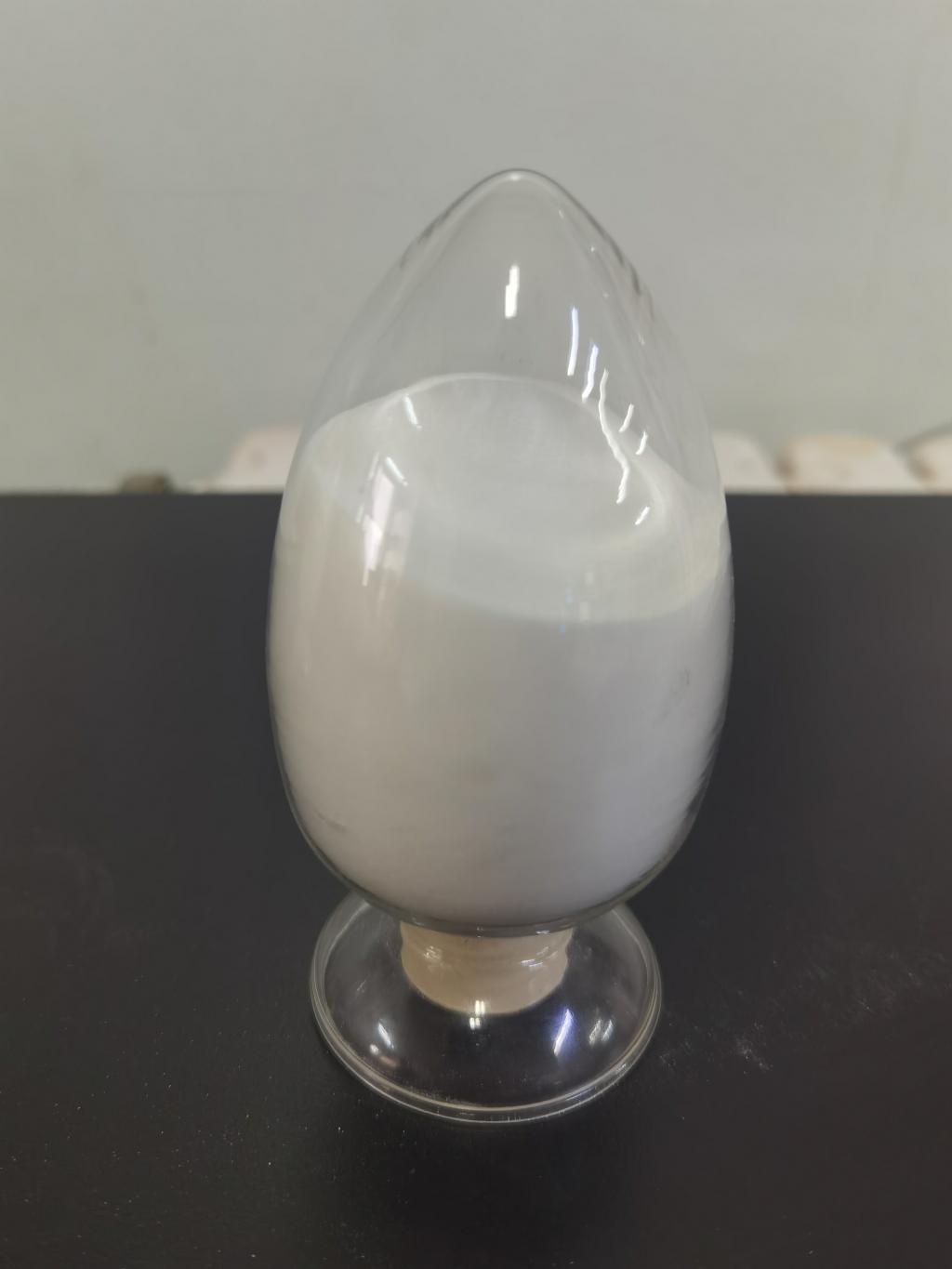Tel:+8618231198596

News
 CONTACT
CONTACT
 CONTACT
CONTACT
- Linkman:Linda Yao
- Tel: +8618231198596
- Email:linda.yao@dcpharma.cn
- Linkman:CHARLES.WANG
- Department:Overseas
- Tel: 0086 0311-85537378 0086 0311-85539701
News
Current Position:
Home >
News
>Commercial production and extraction methods of ε-Polylysine hydrochloride.
Commercial production and extraction methods of ε-Polylysine hydrochloride.
TIME:2023-07-31
Microbial Production of ε-Polylysine Hydrochloride:
The initial step in commercial production involves selecting a suitable microbial strain known for its high ε-polylysine hydrochloride production capabilities. Strains such as Streptomyces albulus and Streptomyces albulus subsp. β-Poly-L-lysine are commonly used.
The fermentation process is then employed to produce ε-polylysine hydrochloride. The selected microbial strain is cultivated in a nutrient-rich medium under precisely controlled conditions, including temperature, pH, oxygen levels, and agitation rate. This optimization ensures maximum ε-polylysine hydrochloride production.
To further enhance ε-polylysine hydrochloride production, specific inducers or precursors may be added to the fermentation medium. These substances stimulate the microbial strain to produce higher levels of ε-polylysine hydrochloride.
After the fermentation process is complete, the biomass containing ε-polylysine hydrochloride is harvested. Methods such as centrifugation, filtration, or sedimentation are employed to separate the microbial cells from the fermentation broth.
Extraction Methods of ε-Polylysine Hydrochloride:
The harvested biomass is then subjected to acid precipitation for ε-polylysine hydrochloride extraction. The biomass is suspended in an acidic solution, usually hydrochloric acid, to release ε-polylysine hydrochloride from the cells.
After acid precipitation, the solution containing ε-polylysine hydrochloride is filtered to remove any remaining cellular debris. The filtered solution is then concentrated, typically through evaporation or ultrafiltration, to increase the concentration of ε-polylysine hydrochloride.
Desalting and purification steps follow to remove salts and impurities. Techniques such as dialysis or ion-exchange chromatography are utilized to isolate and purify ε-polylysine hydrochloride from other components in the solution.
Recovery and Formulation:
The purified ε-polylysine hydrochloride can be further concentrated and precipitated using methods like salting-out or solvent precipitation. These processes yield solid ε-polylysine hydrochloride, which is collected and dried.
Spray drying is commonly employed to convert the liquid ε-polylysine hydrochloride into a powder form. The liquid solution is atomized into fine droplets and rapidly dried using hot air, resulting in powdered ε-polylysine hydrochloride.
Quality Control and Packaging:
Commercially produced ε-polylysine hydrochloride undergoes rigorous quality control to ensure its purity, potency, and safety. Analytical techniques such as high-performance liquid chromatography (HPLC) and mass spectrometry are used to verify the compound's identity and concentration.
The final ε-polylysine hydrochloride product is then packaged into suitable containers, such as bottles or drums, to protect it from degradation and contamination during storage and transportation.
Conclusion:
The commercial production and extraction of ε-polylysine hydrochloride involve a series of carefully controlled steps, starting from selecting microbial strains to the extraction, purification, and formulation of the final product. These processes are essential in obtaining a high-quality and potent ε-polylysine hydrochloride suitable for various industrial applications, particularly as an eco-friendly food preservative. Continued advancements in production and extraction techniques will further promote the widespread use of ε-polylysine hydrochloride as a valuable antimicrobial agent in the food industry and beyond.
- Tel:+8618231198596
- Whatsapp:18231198596
- Chat With Skype







